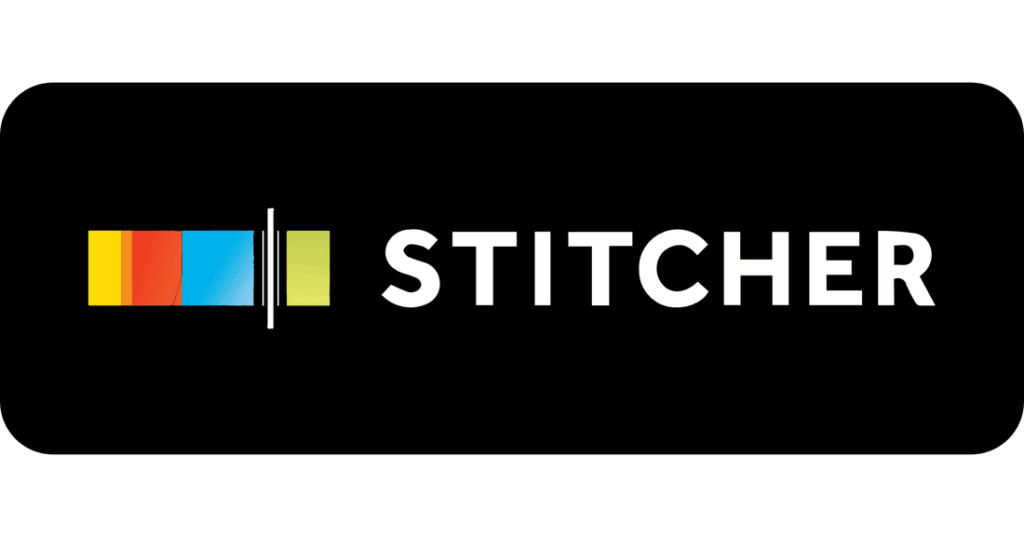1619 was indeed a big year in Virginia’s history. In previous episodes we discussed many firsts that took place in the colony, but perhaps none of those firsts has drawn more attention than the “20 and odd’s” arrival.
In 2019 The New York Times published a series of articles highlighting that arrival. It was quite a publication with many goals, most of them political. Especially because of that political focus the 1619 Project received enormous scrutiny. It could be understood that one side of the political spectrum would attack the work, but both sides cried foul.
One of the leading critics, Dr. Phillip Magness began dissecting the work in a series of his own essays. Those essays became his book The 1619 Project: A Critique. In it, he discusses the Project’s shortcomings, while also highlighting some of what the series got right. As such, he, somewhat humorously, earned both praise and ire from Nikole Hannah-Jones, the Project’s lead editor.
His work is quite exhaustive, as you’ll hear in the interview. I’ve listed a few key links mentioned in the episode, but for further, in depth material, please, do purchase his book, The 1619 Project A Critique.
Understandably, I focus upon Virginia’s history with this podcast, and I intend to keep doing so. Because of the 1619 Project‘s continued influence, based upon it’s slavery claims reaching far back into Virginia’s history, I’ve come to believe that we needed to discuss the work in more detail, hence this episode.
There will be one more interview covering the Project’s work, but in my opinion, Dr. Magness’ scholarly expertise in this area is second to none. I trust as you listen to this episode, you’ll see why I hold him and his work in such high regard.
LINKS TO THE PODCAST:







PHIL MAGNESS LINKS:
SPECIAL LINKS:
- Olmstead, Alan L. and Rhode, Paul W. “Slave Productivity in Cotton Picking” Unpublished, September 2018.
- Olmstead, Alan L. and Rhode, Paul W. “Cotton, Slavery, and the New History of Capitalism” October, 2016.
- Stephens, Bret. Opinion: The 1619 Chronicles. The New York Times, October 9, 2020.
- Nikole Hannah Jones 9/18/20 on CNN “1619 Project not rewriting history”
- The 1619 Project
All photography used on this site is owned and copyrighted by the author unless otherwise noted. The Featured Image is Dr. Phillip W. Magness from aeir.org.
Music used for this episode – Louis Armstrong and the Mills Brothers,”Carry Me Back to Old Virginia” available on Apple Music, and The Legend of the Invisible City of Kitezh and the Maiden Fevronia: Introduction “In Praise of the Wilderness” by Nikolai Rimsky-Korsakov performed by the Mariinsky Orchestra conducted by Valery Gergiev also available on Apple Music.
**Full disclosure, I re-uploaded the Dr. Magness interview tonight.One of my faithful listeners pointed out that I erred when mentioning that Teddy Roosevelt would not publicly meet with Booker T. Washington.
Though there is nuance to the comment, Roosevelt in fact did meet with Washington at the White House.Roosevelt received incredibly negative publicity for meeting with Washington after they shared dinner together. Making the situation more unclear, the White House, not necessarily Roosevelt, stated that they did not eat together. Then a few staff members commented on the meal, but said it was not dinner, but lunch instead.
Either way, I was incorrect in saying that Roosevelt did not meet with Washington, and that portion has been struck from the episode. This message is to publicly state the change.
As always, thanks for listening. I greatly appreciate the feedback!
Robert.


Robert, love your work as I have said before, and I am pleased to support your podcast. So don’t take this the wrong way, but after listening twice to Dr. Magness and reading a half dozen critiques of the 1619 Project I conclude that he’s as biased as some of its supporters.
Dr. Magness seemed to go beyond a critique of Nikole Hannah Jones to suggest that somehow slavery was bad, sure, but not a truly defining feature of early America or capitalism. (Read Edmund Morgan’s “American Slavery, American Freedom” for a thoughtful counterpoint.) One can disparage Jones’ ill-founded conclusions without going to an opposite extreme.
Still, your interview was thought-provoking, and I remain a faithful Virginia History Podcast enthusiast.
Gary
LikeLiked by 1 person
Hi Gary,
Thanks for the message. He is certainly biased in that he’s viewing the 1619 Project through a Classical Liberal lens. He’s quite open about that, and from the historian’s perspective, it’s admirable that he states his viewpoint up front. That way we know how to approach his critique.
The refreshing thing about Magness is that his Critique does not fall along any “party” lines. He’s praised at times by some on either side, as he mentioned even Nikole Hannah Jones praised him when Magness agreed with her comments on Lincoln.
Morgan’s work is a standard in the period literature for sure. Not sure how we didn’t mention that one in the interview given we discussed so many different historians (Fogel and Engerman, Genovese, Fitzhugh, et. al.) Still, Magness’ body of work suggests that he believes Slavery to be a hugely important issue in early America, even if he doesn’t give that impression in this interview. He did, however, make the point that there’s an enormous body of work covering slavery that’s been written since 1945, and that the 1619 Project neglected to use any or most of it.
My next interviewee on the topic is more to the center in her viewpoint it seems. I’m looking forward to what she’ll highlight in our talk.
Regards,
Robert.
LikeLike